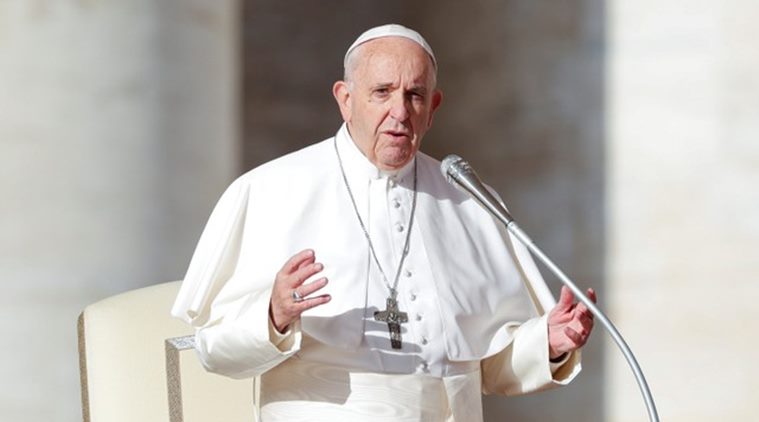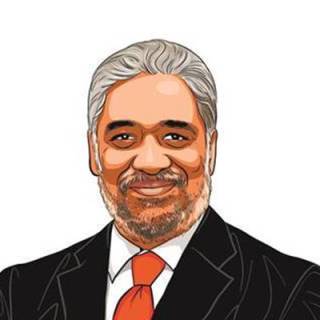Raja Mandala: Secularism comes to Arabia?
Pope Francis’s visit to UAE, the first by a pontiff to the region, could signal the beginning of separation of religion and state in the Middle East.

The on-going visit of Pope Francis to Abu Dhabi over the last couple of days will certainly go down as a landmark event. For no Pope has ever set foot on Arabia, the birthplace of Islam, until this week. But the story, arguably, is less about the Pope and more about the United Arab Emirates that is hosting him.
To be sure this Pope is a historic figure in himself. He is the first non-European Pope in the long history of the Christian church. Hailing from Latin America, the Pope has naturally embraced the poor and has raised the Vatican voice in favour of economic justice and against growing inequality around the world. Pope Francis has also campaigned for tolerance and co-existence among various faiths. He has made a special effort to counter the perception that Islam is the source of the global terror threat. The Pope has travelled frequently to various Muslim countries to build trust with the Islamic religious leaders.
The first-ever papal visit to Arabia, Pope Francis hopes, will “turn a new page in the history of the relations among religions”. But what is the rationale behind UAE’s ruler Sheikh Mohammed Bin Zayed Al Nahyan’s bold decision to invite Pope Francis?
The invitation to Pope is very much part of UAE’s surprising charge for religious tolerance, inter-faith harmony and separating religion from the state in the Middle East.
Under MbZ, as the Crown Prince is known by his initials, the UAE has unveiled the grand political project to build a “moderate Arab centre” that can fend off religious extremism and the politicisation of Islam that have thrown the Middle East into turmoil and emerged as a grave threat to many regions of the world over the last four decades, including the Indian Subcontinent.
No one is betting that the relatively new federation of seven small sheikhdoms (set up in 1971 after the British pulled out of the Gulf as part of the withdrawal from East of Suez) can change the political narrative in and about the Middle East. But few countries have a bigger stake in UAE’s success than India.










.png)




























No hay comentarios:
Publicar un comentario